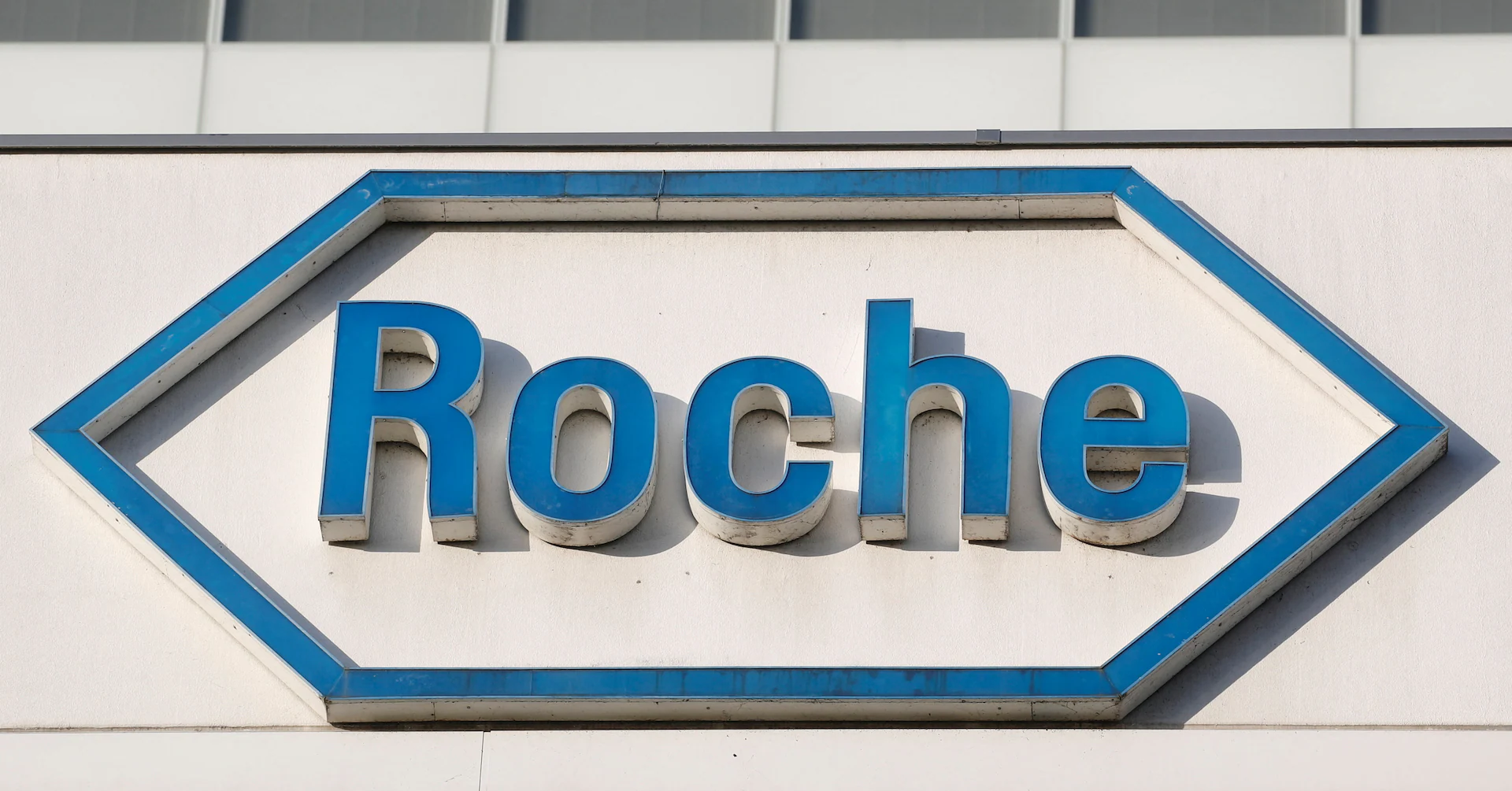By John Revill
Copyright reuters

CompaniesCSL LtdJohnson & JohnsonMerck & Co Inc
ZURICH, Sept 22 (Reuters) – Roche (ROG.S), opens new tab Chief Executive Thomas Schinecker and other senior executives from the Swiss pharmaceuticals industry will meet with the government on Monday to discuss the threat U.S. tariffs pose to the crucial export sector.
Washington has imposed a 39% tariff – among the steepest of any country targeted during President Donald Trump’s global trade reset – on goods such as watches and machinery imported from Switzerland. Swiss pharmaceuticals are currently not subject to that levy.
Advertisement · Scroll to continue
The pharma industry is, meanwhile, also awaiting the outcome of a Section 232 national security investigation that could result in tariffs on U.S. drug imports eventually reaching 250%.
PHARMACEUTICALS: MOST IMPORTANT SWISS EXPORT
In addition to Roche, Novartis (NOVN.S), opens new tab and Sandoz (SDZ.S), opens new tab will also send executives to the meeting in Bern with Business Minister Guy Parmelin and Health Minister Elisabeth Baume-Schneider, the government said.
Roche, Novartis and Sandoz did not immediately respond to requests for comment.
Other expected participants include representatives from Merck (MRK.N), opens new tab, Johnson & Johnson (JNJ.N), opens new tab, and Australian biotech firm CSL (CSL.AX), opens new tab, the government said.
Advertisement · Scroll to continue
Get the key points from this story with Reuters AI
Parmelin, who travelled to Washington earlier this month, has been leading the Swiss response to Trump’s tariffs, though the current tariff negotiations will not be discussed at the meeting, a government spokesperson said.
Other topics could include drug prices in Switzerland, which the health ministry agrees with companies.
Pharmaceuticals are by far the most important Swiss export sector to the United States, with shipments worth 32.75 billion Swiss francs ($41.28 billion), making up about half of Swiss exports there last year.
If the 39% tariff is extended to cover pharmaceuticals, Swiss economic output could fall by more than 1%, according to one estimate.
Swiss pharma exports to the U.S. have fallen since April after importers stockpiled earlier this year to avoid having to pay any levies.
Ad Break Coming Up
NEXT StayNext
OffEnglish
180p288p360p480p540p576p720pHD1080pHDAuto (180p)
About ConnatixV2054177786
About ConnatixV2054177786
Continue watchingafter the adVisit Advertiser websiteGO TO PAGE
Swiss companies, including pharma firms, have already pledged to increase their spending in the United States to reduce the impact of import duties.
Roche has unveiled plans to invest $50 billion over the next five years in the U.S., creating more than 12,000 new jobs, while Novartis has said it plans to spend $23 billion to build and expand 10 facilities there.
Novartis wants to make most important products for the American market locally, CEO Vas Narasimhan said in an interview published on Saturday.
“This should allow us to fully mitigate any tariffs,” he said.
($1 = 0.7933 Swiss francs)
Reporting by John Revill; Editing by Joe Bavier
Purchase Licensing Rights



